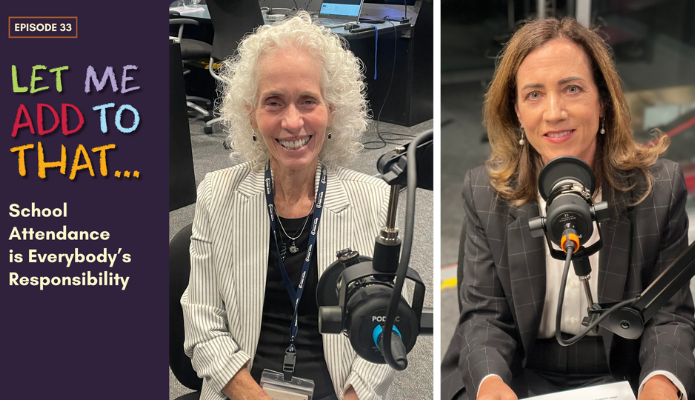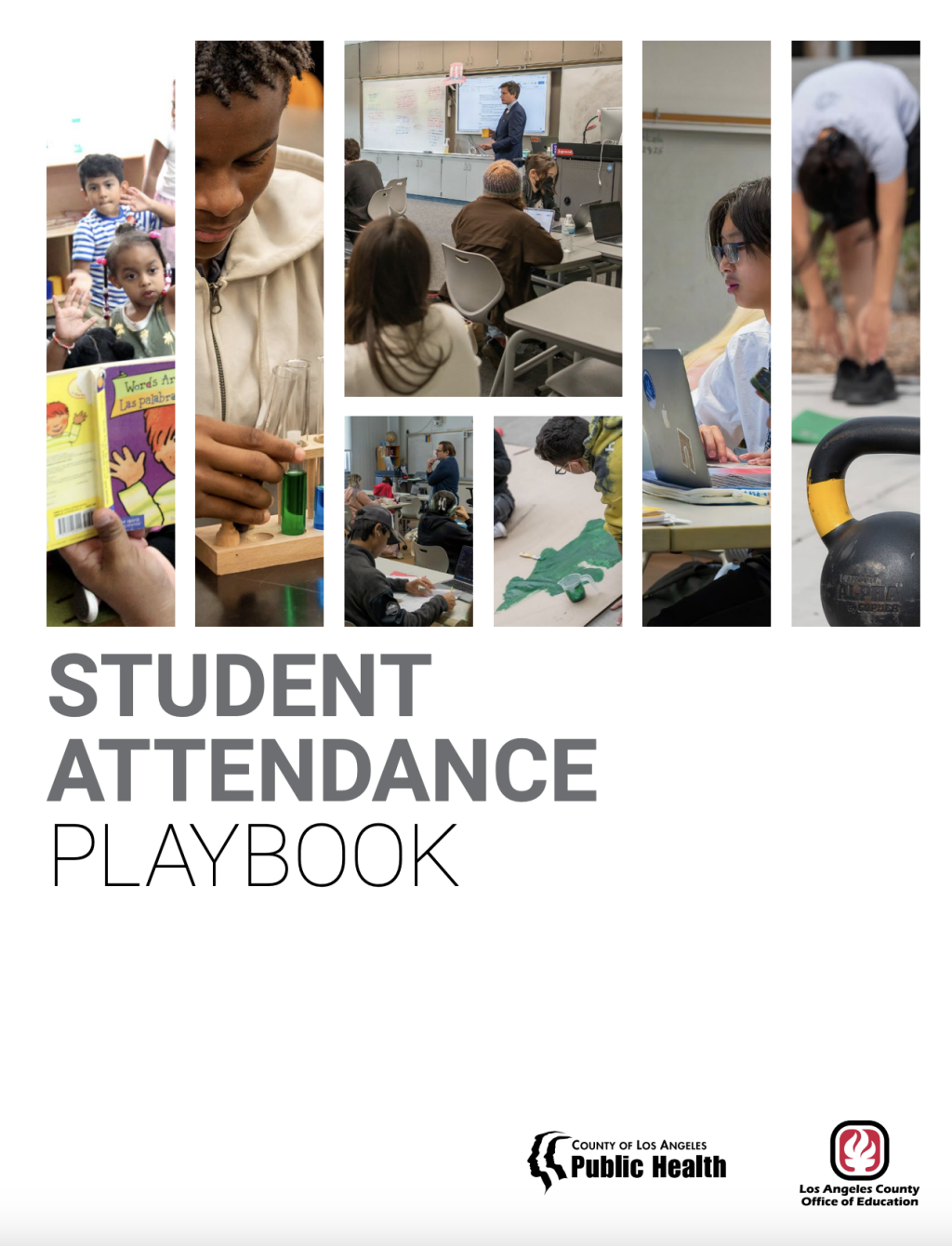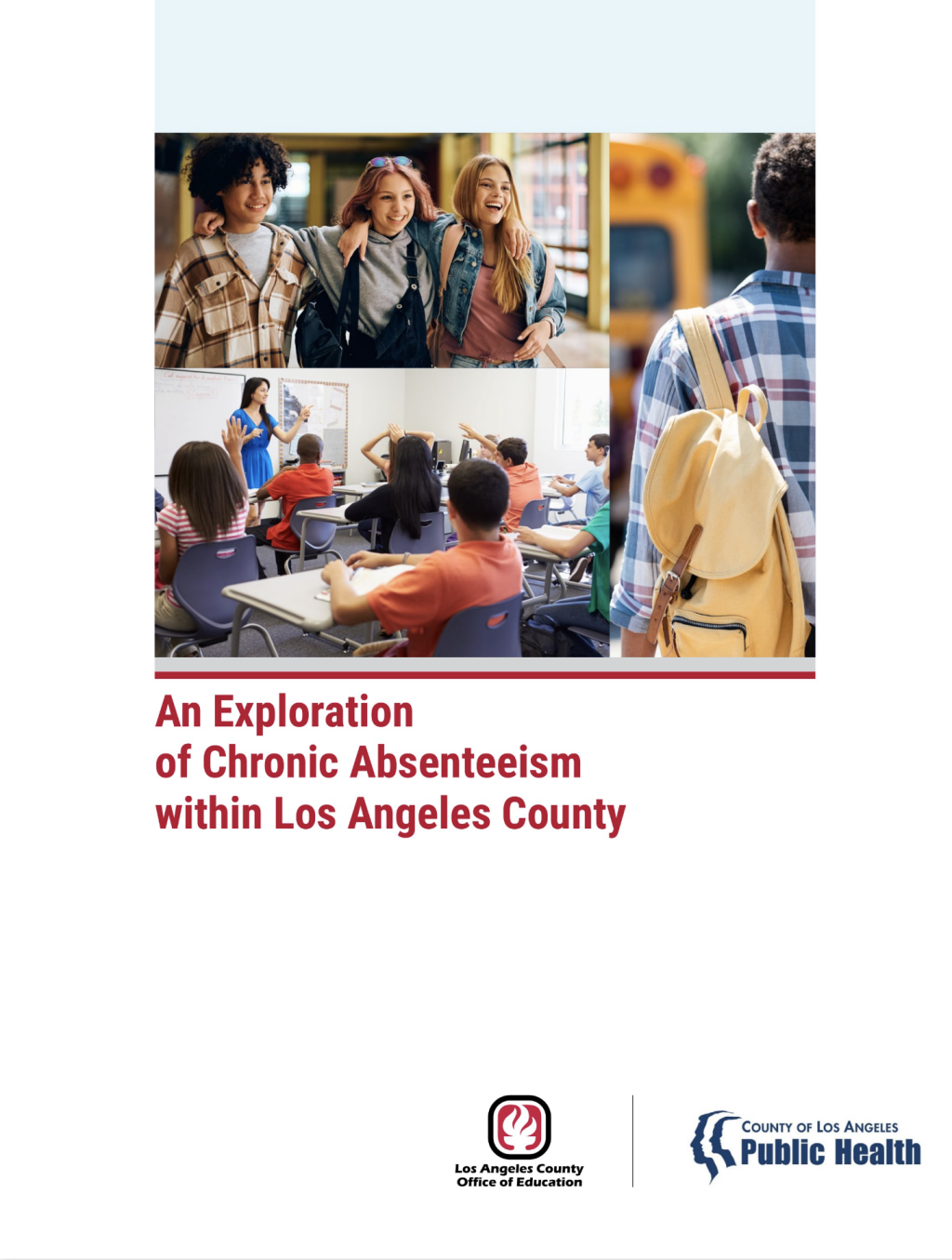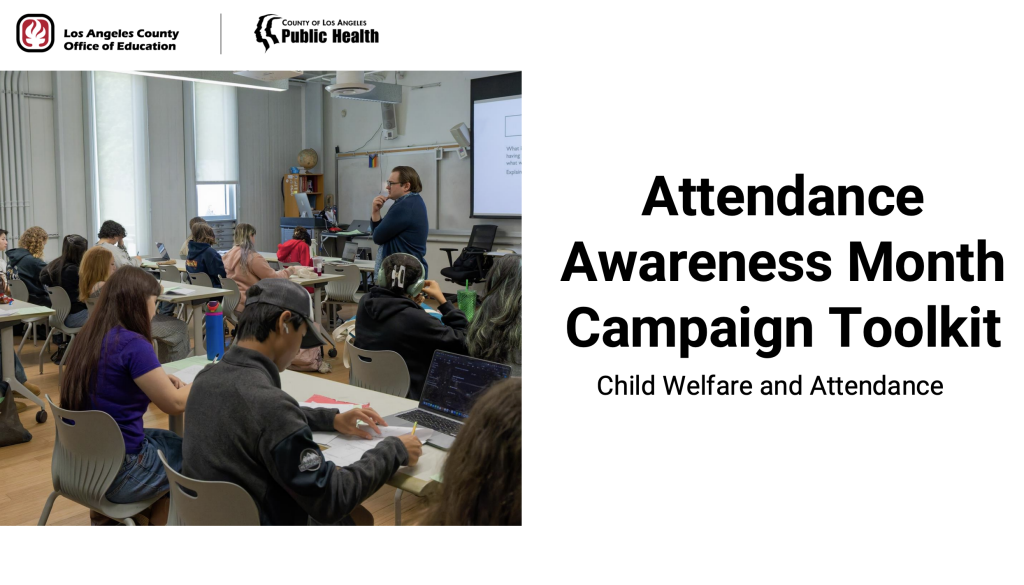LACOE has partnered with school districts to develop the Attendance Playbook to help you to create and strengthen systems in support of student attendance.
September is Attendance Awareness Month, recognizing that regular school attendance is essential to student achievement. School districts and charter schools are encouraged to create attendance awareness campaigns that meet the diverse and unique needs of their educational partners.
Attendance is the backbone of a myriad of factors that contribute to academic achievement and the holistic development of children and adolescents. Chronic absenteeism is one of the leading indicators of a student being at risk of dropping out. Absenteeism rates are also tied to lower graduation rates, further narrowing career and academic prospects for these students.
In August 2025, LACOE partnered with the Los Angeles Department of Public Health (LADPH) to launch a coordinated effort to boost student attendance and provide families with the tools they need to help children thrive in school. We also introduced a new Attendance Awareness Toolkit and the updated Student Attendance Playbook.
By leveraging the resources below, we can take proactive measures to bolster attendance, thereby ensuring a more promising future for students.
Resources for School Districts on Attendance Awareness
Child Welfare and Attendance website
2023-24 Attendance Playbook toolkit
Attendance Works: A national and state initiative that promotes awareness around the importance of attendance. Their website offers toolkits, webinars and data research.
Safe and Supportive Schools Technical Assistance Center: Provides research and strategies to create a safe and engaging school environment that encourages attendance.
EveryDay Labs: Provides various resources and support to foster a culture of attendance.
California Department of Education: Has three elements to reinforce regular school attendance: prevention, early identification and intervention.
Dr. Debra Duardo’s commentary: “To improve attendance, we must build connection, understanding and community.”
National Center for Education Statistics (NCES): Provides extensive statistical data on school attendance, useful for analytical insights.
U.S. Department of Education: Offers grants and resources aimed at reducing chronic absenteeism.
EdSource: California joins effort to cut chronic absenteeism in half by 2030
















